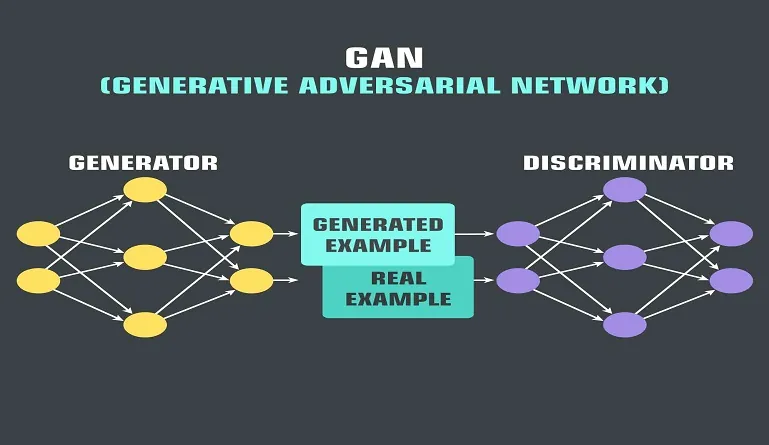Guest Contribution by Khadim Batti, CEO, Whatfix
Most people need help learning to ride a bike; it takes a while to learn enterprise management software too. Technology is now available to help employees master that high-value skill more quickly.
Enterprise management software has become the universal stepping stone for companies along their way toward digital transformation. Cloud-based systems from leading software and SaaS vendors including SAP, Oracle, Microsoft Dynamics, and Salesforce, are now available for essentially every element of business management.
They include Enterprise Resource Planning, Database Services, Human Resources, Finance, Big Data Analytics, and Customer Relationship Management just for starters. It is a huge business representing hundreds of billions of invested dollars.
But the levels of satisfaction with those investments are frequently disappointing, with many intended users rejecting or failing to make good use of the systems.
To learn why, and to explore the promise of an emerging solution to the dissatisfaction, Whatfix commissioned an online market survey in November 2019. Altogether, 503 U.S.-based companies with CRM systems – currently the most widely implemented enterprise system in use – responded to the survey.
Most of the respondents were at the VP, Director, Manager level in their companies. Many of them had sales-related responsibilities. The remainder included people in IT, training, and an assortment of other specialized functions.
We asked what the reasons were that sales reps gave for not using the company’s CRM system regularly. Here’s what we found:
In other words, about 40 percent felt that data entered into the system was too time-consuming, and more than a third felt they needed more training to use the system effectively. The totals exceed 100 percent because of multiple reasons, not just the most important one, were accepted.
At the same time, though, almost all those same people saw the potential for the tremendous benefit if their company’s CRM were to be more widely adopted. These included higher productivity by sales reps, quicker proficiency in CRM among new reps, shorter sales cycles, less training cost, and effort, as well as fewer support tickets.
They were also asked about productivity gains that had already been achieved using CRM and what further gains they expected to achieve with full adoption of the system by sales reps. Sixty percent of the respondents envisioned productivity gains ranging from 11 to 30 percent; the remaining respondents visualized gains as high as 50 percent.
( Also Read: What is Customer Relationship Management (CRM)? )

All of the companies included in the survey were mid- to large-size operations. Three-quarters of them had more than 1,000 employees while the remaining quarter had between 500 and 1,000. When they were asked what the total savings might be from increased adoption of CRM – savings that would include higher sales rep productivity in addition to lower support and training costs – more than half estimated annual savings between six and ten million dollars.
Full disclosure here: my company, Whatfix, is in the business which Gartner recently characterized as Digital Adoption Solutions, or DAS. Its mission – our mission – is to provide software that helps users cut through the complexity and constant customization of their employer’s enterprise systems by automatically integrating real-time, context-sensitive, on-screen prompts into the application – helping users learn to navigate their system more quickly and with greater confidence. It is available to help all users, but it is particularly valuable for onboarding new sales personnel.
However, what we found is that while most enterprises, including all of those in our sample, have by now deployed CRM systems, fewer than 46 percent of their sales reps actually use it. As a result, in the view of those companies, 70 percent of the implementations now in place fail to achieve their anticipated outcome. That’s a huge disappointment.
Yet our survey confirmed there is still a widely held belief that enabling sales reps to adopt their CRMs through the use of DAS technology could substantially increase sales productivity and generate real cash savings for the company.
It should be noted, however, that DAS solutions are not designed to replace instructor-led training. Vendor and internal IT training will continue to be valuable. Instead, DAS is a constant supplementary companion, deployed on top of cloud-based enterprise solutions to provide learning in the flow of work for employees.
It is a tool for quickly building proficiency, overcoming non-adoption excuses, and getting more value from the company’s investment. Our survey found that more than 70 percent of the companies contacted are either actively planning or currently considering the adoption of Digital Adoption Solutions in 2020. It’s a tool that more companies every day are finding works well for them. And it is a high-value companion to any company’s enterprise software.
Think of it as Enterprise Software on training wheels – one that users fall in love with the first time.






